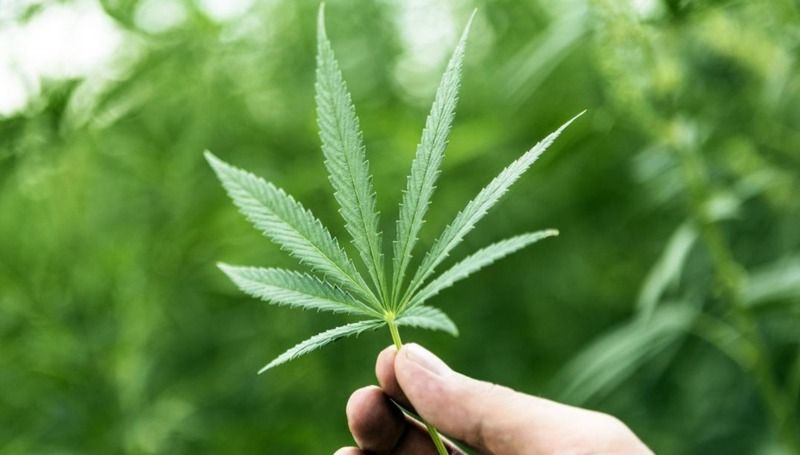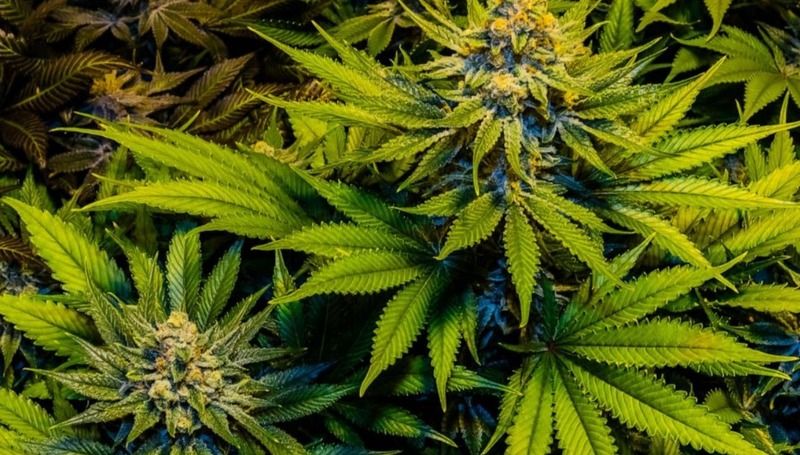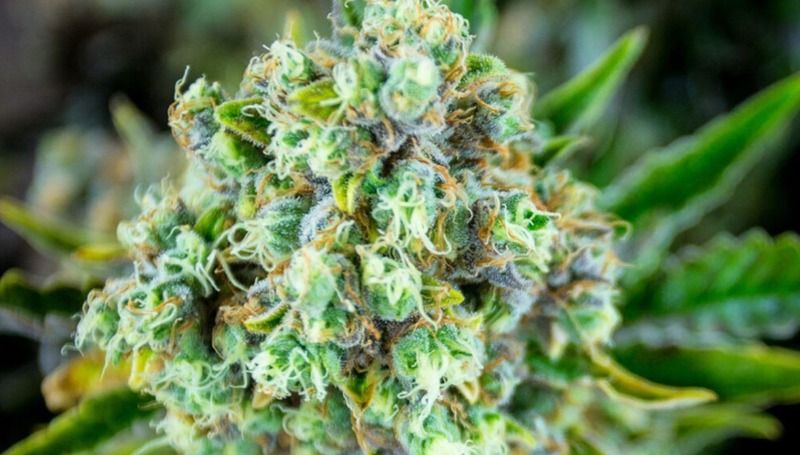Marijuana’s effects can differ from person to person. Some people may experience euphoria and calmness, while others may become nervous and paranoid. People have reported feeling “dopey” and experiencing a loss of interest in activities or an inability to comprehend ideas in other situations. Looking to try something new? Check out this.
Tetrahydrocannabinol, or delta-9-THC, is the chemical in marijuana that makes you feel “high.” It enters the bloodstream rapidly after smoking marijuana.

When marijuana is ingested rather than smoked, it takes longer for it to enter the blood and, in most cases, from 20 minutes to an hour and a half. This can vary depending on how much was taken, as well as physiological differences such as absorption and metabolism rates.
How Long Does Hash Last?
The median half-life for hash is 24 hours. The duration a drug takes to leave your system is called its half-life. Some THC metabolites have a 20-hour elimination half-life. The fat-stored THC has a 10 to 13 day elimination half-life, implying that there is approximately 50% of the original amount left at this time.
Metabolites are produced by the breakdown of THC in your system. Metabolites include a wide range of compounds, some of which have pharmacological effects. Some metabolites are eliminated via the urine, while others are retained for longer periods in your body fat and blood.

These metabolites accumulate if you consume hash or hash oil on a daily basis, and they will have more THC in your body to expel. Some of the THC is kept unchanged, so when it’s released from fat into your body, it can re-activate its psychoactive effects and be metabolized and eliminated via urine.
How Long Does Marijuana Last?
The half-life of marijuana is the time it takes for half of a substance to be metabolized and eliminated from the body. THC is one of many cannabinoids, but it is the only one that drug tests are looking for.
THC is extensively broken down and changed into by-products during the digestive process. THC generates at least 80 different metabolites, many of which have the potential to impact the body’s endocannabinoid system. These metabolites are stored in fat tissue and gradually eliminated through feces and urine after being absorbed into the body.
A substance’s half-life is the amount of time it takes for it to be reduced to about 10% of its original quantity. This is why authorities recommend that any one-time usage is unlikely to be noticed after five to eight days.
How Long Is It Detectable Drug Testing?
The metabolites of marijuana are tested for in drug tests. These by-products stay in your system for a long time after you’ve stopped smoking.
What Factors Affect How Long It Stays in Your System?
The length of time that marijuana remains in your system is determined by a number of things. Some of these variables, such as your age, gender, and BMI (body mass index), are beyond the scope of the drug itself, but they are linked to how your body processes and metabolizes it.
There are several things to consider when it comes to marijuana. One is the strain, which may have an impact on the chemical composition and strength. Another aspect to consider is how you take it, such as how much (dosage) and when (frequency). Higher dosages and more frequent usage tend to slow the elimination of cannabis in your body.
Even if you do a thorough cleaning of your body, some marijuana may still be present. This is especially true for stronger cannabis, which has a greater concentration of THC.
It Varies According to Dose
After last usage, marijuana, also known as cannabis, is typically found in bodily fluids for 1 to 30 days. After use, it can be detected in hair for months.
The amount of marijuana you smoke or consume, as well as the frequency with which you do so, affect weed detection windows. In general, higher dosages and more frequent usage are associated with longer detection times.
Cannabis may be detected in urine for months after the last use for daily users. The longest reported detection times are more than 90 days. Continue reading to learn about cannabis’ detection windows, including urine, blood, saliva, hair, and other samples.
What Happens When You Smoke Marijuana?
THC (delta-9-tetrahydrocannabinol) is considered to be the main mind-altering chemical in the cannabis plant. THC enters the circulation after being breathed out by a person who smokes marijuana, where it is carried to the brain and other organs. THC activates areas of the brain linked to movement, sensation, coordination, memory, gratification, and judgment through its interaction with the endocannabinoid system.
The effects of THC last for 1 to 3 hours when smoked, and 30 minutes to an hour when eaten. When used in edibles, the user may not feel the effects for 30 minutes to an hour after consumption, and they can last for several hours.
